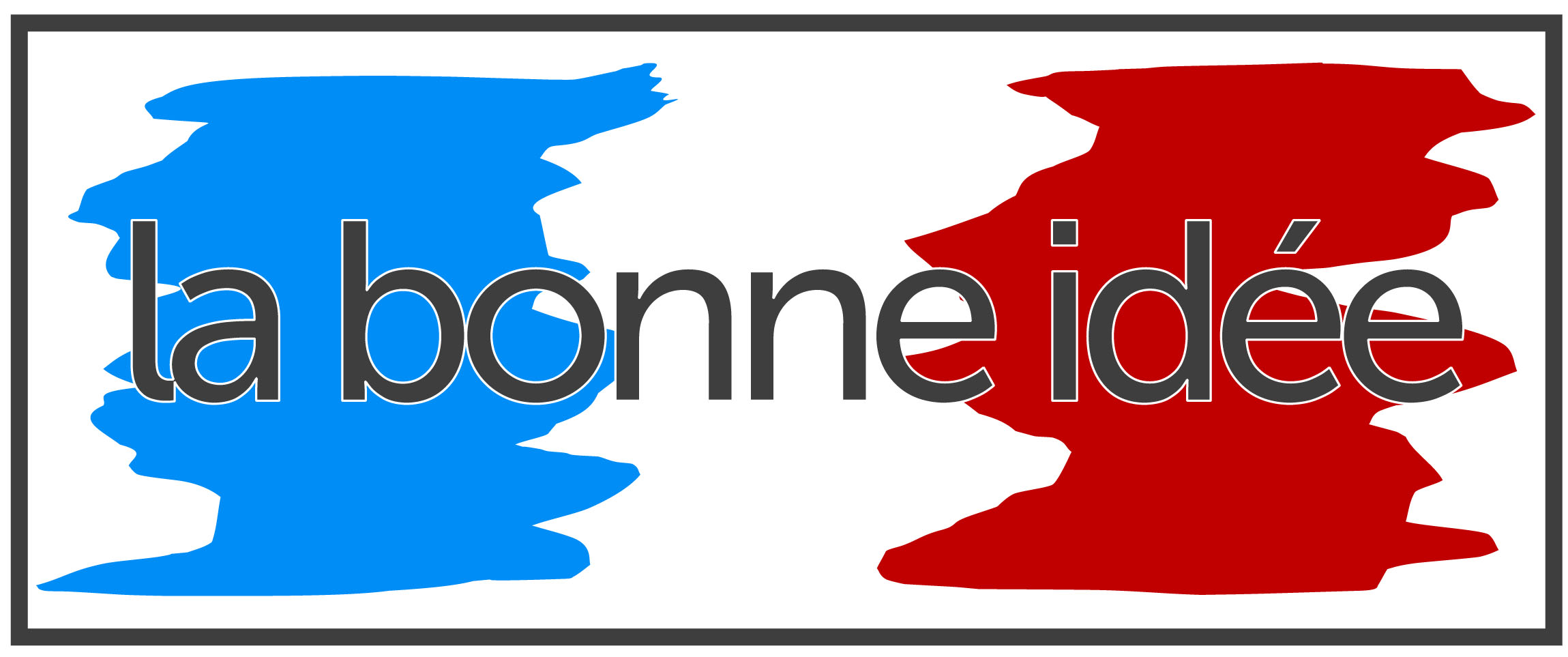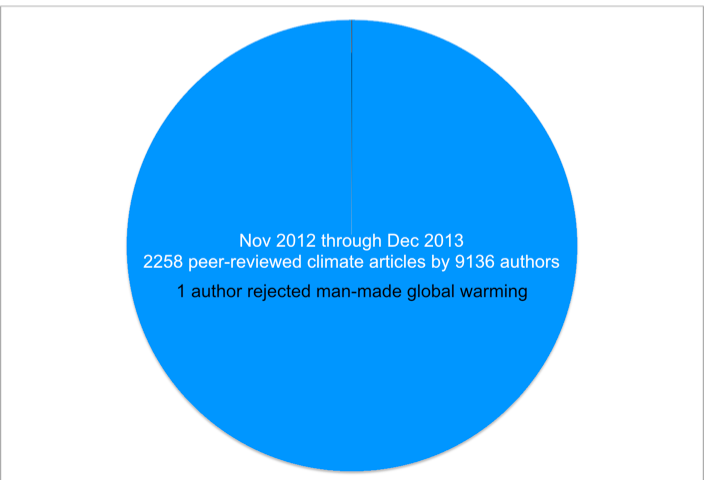
"I quote others so that I can better express myself." — Michel de Montaigne |
|
|
The Archives: Spring 2014 |
28 FEB |
Packing Heat |
|
I applaud Professor Greg Hampikian for his excellent op-ed for the New York Times that took the form of an open letter to the Idaho State Legislature. Hampikian is asking the legislature what the "rules for engagement" are for a professor in the classroom in the event that a proposed bill allowing students at Boisie State University to pack heat is passed. Here's how he puts it: |
||
In light of the bill permitting guns on our state’s college and university campuses, which is likely to be approved by the state House of Representatives in the coming days, I have a matter of practical concern that I hope you can help with: When may I shoot a student? . . . I have had encounters with disgruntled students over the years, some of whom seemed quite upset, but I always assumed that when they reached into their backpacks they were going for a pencil. Since I carry a pen to lecture, I did not feel outgunned; and because there are no working sharpeners in the lecture hall, the most they could get off is a single point. But now that we’ll all be packing heat, I would like legal instruction in the rules of classroom engagement. . . I assume that if a student shoots first, I am allowed to empty my clip; but given the velocity of firearms, and my aging reflexes, I’d like to be proactive. For example, if I am working out a long equation on the board and several students try to correct me using their laser sights, am I allowed to fire a warning shot? |
||
Obviously, Hampikian is being facetious here, but at the same time he is making a serious point: at what point are we going to realize that the possession and use of lethal weapons are contrary to very meaning of civil society? How far will we go, in other words, to replace civil society with an open warfare between citizens? But Hampikian does not stop there. He makes the argument that college students are particularly prone to misuse firearms and employ them imprudently. He states it in this way: |
||
Some of my colleagues are concerned that you are encouraging firearms within a densely packed concentration of young people who are away from home for the first time, and are coincidentally the age associated with alcohol and drug experimentation, and the commission of felonies. Once again, this reflects outdated thinking about students. My current students have grown up learning responsible weapon use through virtual training available on the Xbox and PlayStation. Far from being enamored of violence, many studies have shown, they are numb to it. These creative young minds will certainly be stimulated by access to more technology at the university, items like autoloaders, silencers and hollow points. I am sure that it has not escaped your attention that the library would make an excellent shooting range, and the bookstore could do with fewer books and more ammo choices. I want to applaud the Legislature’s courage. On a final note: I hope its members will consider my amendment for bulletproof office windows and faculty body armor in Boise State blue and orange. |
||
Exactly. Not only are college students more liable to be experimenting with drugs and alcohol (a particularly lethal context once guns are introduced) than many other populations, they also fall into the age bracket of most first-time felons. And one reason for this is that many are at a time in their life when keeping emotions in check are especially difficult. At the same time, however, many have grown numb to violence thanks in part to the simulated violence of video gaming. The only thing that would make the situation even more toxic is the introduction of lethal firearms. In looking at the readers' comments to the story, I found one that asked Hampikian what he would have done had he been in a classroom in Newtown, Connecticut, without a gun when the massacre went down. To which we might ask what would have happened if the gunman responsible for the massacre did not have such easy access to semi-automatic firearms and hundreds or rounds of ammunition. It's not so much they we are devolving into a state of open war in our society, although the increasing numbers of mass shootings suggest that conditions today make them more likely to occur. The tragedy is that with a country awash in guns, there is more senseless violence—including murder, permanent disability, and suicide—that's bound to take place. It's a violence that need not be. |
||
25 FEB |
Historical Revisionism at its Worst |
|
Last night The Daily Show included a segment created in response to Fox News' coverage of Black History Month (yes, I know that seems like an oxymoron, but follow me on this). The coverage on Fox featured Andrew Napolitano, a pseudo-intellectual libertarian blowhard whose understanding of American history takes up the better part of a Barbie-sized thimble. Claiming that Lincoln was solely blame for the U.S. Civil War, Napolitano took great pride in his "contrarian" view of the President, which in effect meant that he was fond of pulling claims out of his rectum and declaring them as historical fact. To wit, Napolitano asserted that the Civil War was wholly avoidable, a claim much in vogue these days among the increasingly wingnut-centered Right in this nation: |
||
“At the time that [Lincoln] was the president of the United States, slavery was dying a natural death all over the Western world,” Napolitano said. “Instead of allowing it to die, or helping it to die, or even purchasing the slaves and then freeing them — which would have cost a lot less money than the Civil War cost — Lincoln set about on the most murderous war in American history.” |
||
Napolitano went on to claim that it wasn't even clear whether slavery was a cause for secession. Instead, it mostly had to do with—and I quote—"tariffs." Of course it did not take Jon Stewart very long to identify Napolitano's load of historical horseshit for what it was. Stewart pointed out that Lincoln had spent much of 1862 trying to convince the border states of the North to give up their slaves in exchange for financial compensation. It was to no avail. Stewart also explained that the declarations of secession by three southern states explicitly stated that the reason for their leaving the Union was the preservation of slavery. Stewart then called on correspondent Larry Wilmore to set the record straight. After showing a clip of Napolitano decrying how much Americans are "forced" to give their money to the government in taxes (another claim that bears no resemblance to reality—taxes for most Americans continue to be incredibly low), Wilmore compared what Napolitano had said about taxation with what needs to be understood about slavery, thereby showing Napolitano's own warped priorities: |
||
You think it’s immoral for the government to reach into your pocket, rip your money away from its warm home and claim it as its own property, money that used to enjoy unfettered freedom is now conscripted to do whatever its new owner tells it to. Now, I know this is going to be a leap, but you know that sadness and rage you feel about your money? Well, that’s the way some of us feel about people.
|
||
The really scary thing here, though, is that this is how Fox News viewers get their history. They depend on a historical ignoramus who has no earthly business being on the public airwaves. That's our Freedom of the Press at work. God bless America! |
||
13 FEB |
Where to Begin with the Stupid? |
|
It's not that I often read the National Review Online—in fact, I rarely ever do. But when this much stupid comes along, especially given how most of it is mired in the abuse of history for political gain, it deserves a rejoinder. This is Kevin D. Williamson responding to a billboard for Manhattan Mini Storage—you know, that great communist-conspiracy corporation that will do anything to break the back of bourgeois society, including renting out a place for the oppressors to park their vast excesses of capital. Roll the stupid: |
||
I was a bit taken back by the company’s current billboard in Tribeca: “The French aristocracy never saw it coming either.” Patting Manhattanites on the head for being good little Democratic doggies is one thing, but flippant cheerleading for what was, let’s remember, mass murder is quite another. For those of you keeping score, the number of people slaughtered during the Terror included 16,594 killed in the guillotine alone, along with tens of thousands more victims of summary execution by other means. Mass murder is not cute. Its celebration is not clever. At a time in which the Left is rediscovering the joy of totalitarianism in the pages of Rolling Stone, when Occupy activists are attempting acts of terrorism, and the organs of the state are being turned against the president’s political enemies, it is worth keeping in mind who and what the Left is at its heart. The Left gets good PR, but it is not really about the minimum wage or Head Start or bigger school budgets. Its agenda is control and domination, and it has been known to endorse and use political violence to achieve those ends. When part of the Left’s corporate arm is happily contemplating the Terror, we should take note, and perhaps ask our progressive friends under which other circumstances execution without trial seems to them an admirable course of action. |
||
Just so we're clear on what Williamson was so upset about, here is the horribly offensive billboard: |
||
 |
||
Where to begin? Let's start with the response from the ever-entertaining Charlie Pierce: "You have to be stupid or behaving like a complete charlatan to conclude that a storage company is 'cheerleading' for the Terror because of a joke it made on a billboard in 20-fking-14." For my part, it bears mentioning that the number killed by the guillotine in the French Revolution pales in comparison to those innocents killed in the Iraq escapade engineered under false pretense by the war criminals George W. Bush, Dick Cheney, and Donald Rumsfeld. No, such mass murder is not cute. And its celebration on an aircraft carrier in May of 2003 while an entire country under U.S. occupation was imploding in anarchy was not half as clever as this infinitely unimportant billboard. And just to be clear here, the threat of terrorism from "the left"—as if it were a monolith spanning everyone from the ardently milquetoasted center-right Democrat to the most militant Trotskyite—is only a shadow of that which comes from a wide range of wingnuttery on the right (kudos to Pierce for adeptly pointing this out well before I have). More than anything, worthless comments like those above show how intellectually bankrupt the opponents of President Obama and his party are at present. Even so, it takes a special kind of idiocy—one in which the past is turned into a freakshow devoid of any explanation, subtly, or complication—to somehow make a jump from thousands being killed in the French Revolution to the thoroughly debunked claim that the President was targeting his political enemies by sicking the IRS on them. Is this the only kind of opposition that the President's enemies can mount? Please tell me that there is more to the National Review Online and its ilk than this stupidity. Please tell me, Obama opponents, that you can respond to his ideas and policies in other ways than 1) saying that it's not about race, or 2) making a complete mockery out of history. |
||
27 JAN |
Whistleblowers Past and Present |
|
Ten days ago an op-ed in the New York Times featured Robert Harris, a historical fiction writer about to release a novel centered on Georges Picquart. Most people—including all but a very few in the United States—have never heard of Picquart, and so it was fitting that Harris wrote his op-ed on the one-hundredth anniversary of this French soldier's untimely death. Like many officers in the French army of the late nineteenth century, Georges Picquart was an anti-Semite who reveled in the court-martial of Captain Alfred Dreyfus, a Jew accused of spying for the Germans. After Dreyfus's conviction, his public humiliation in which his sword was broken and his uniform was stripped of all military regalia, and his solitary confinement at Devil's Island, Picquart discovered an inconvenient truth: the true spy was not Dreyfus, but rather Major Charles Ferdinand Walsin Esterhazy. Once Picquart made this discovery, as well as learned that the evidence used against Dreyfus had been extremely flimsy, he went to his military superiors and identified the guilty party. Not only did the high command ignore what Picquart had found, but it also went on to remove him from his prized position within an elite military intelligence unit. Picquart wound up in an outpost of the southern Sahara, where death for French soldiers was all but certain. |
||
|
Cartoon by Mark Long |
|
In the end, though, Dreyfus was exonerated, Picquart survived the Sahara and his own stint in solitary confinement, and the latter was restored to a prestigious charge in the French Army. But the attainment of this justice occurred only after the entire affair had pushed France to the brink of a civil war. Given such French divisiveness, Picquart soon found himself in a political no man's land, as Harris explains so well. The Dreyfusards—that is, those who believed in Dreyfus's innocence and fought for his exoneration—never trusted Picquart on account of his anti-Semitism. But the anti-Dreyfusards convinced of the Jewish captain's guilt felt that Picquart had betrayed them, and in so doing had brought irrevocable dishonor to the French military. Harris points out, moreover, why Picquart is so relevant for our own time: |
||
And yet the injustices against which he fought so courageously — the inherent unreliability of secret courts and secret evidence, the dangers of rogue intelligence agencies becoming laws unto themselves, the instinctive response of governments and national security organizations to cover up their mistakes, the easy flourishing of “national security” to stifle democratic scrutiny — all these continue. “Dreyfus was the victim,” [Georges] Clemenceau observed, “but Picquart was the hero.” On this day, he deserves to be remembered. |
||
Whether Edward Snowden is the Georges Picquart of our own times is certainly open to debate. But what seems more difficult to refute is that secret courts and secret intelligence are constantly prone to misuse and abuse, for which reason they are inimical to a democratic transparency needed for determining the truth in matters of espionage and enemy conspiracy. One might indeed fault Snowden for how he went about his whistleblowing, but like Picquart he now resides in a no man's land dividing two irreconcilable sides. |
||
16 JAN |
The Problem with Isolating American Racism |
|
Ta-Nehisi Coates makes the case that American racism not only is inseparable from American history at large, but also is connected to some of the most horrific events in all of human history. As Coates explains, very little if any of the United States' past and present is untouched by the issue of race: |
||
Many of the vexing moral issues of our time--inequality, schooling, the drug war, mass incarceration--simply can't be discussed without discussing racism. People sometimes try to do so (especially in the vein of inequality.) Their analysis is the poorer for it. It's tempting to suggest that this idea of racism as a "niche issue" is a result of the way in which black history is taught and the rise of black studies. Except that regarding black people and the issues that injure them as "niche" did not begin in 1968. It is my guiding thesis that people who claim a serious interest in America but consider racism to be a niche topic are divided against themselves. You can't understand American politics, without understanding the Civil War. You can't understand the suburbs, without understanding redlining. You can't understand the constitution, without understanding slavery. In effect if you are an American who avoids understanding the force of racism, you are avoiding an understanding of yourself and your country. |
||
As for the connection between American racism and what reaches beyond U.S. borders, there's this quote from Ira Katznelson's book, Fear Itself: |
||
When Americans complained about Nazi anti-Semitism, party officials rejoined by citing southern racial practices, claiming a kinship. The Völkischer Beobachter, the oldest Nazi Party newspaper, routinely disparaged Africans and African-Americans. Like much of the German press, it frequently printed antiblack cartoons, reminded its readers that southern public accommodations were segregated, and delighted in reporting how blacks, like German Jews, could not sleep in Pullman cars and could not exercise the right to vote. Lynching was a favorite subject. Neues Volk celebrated southern lynching for protecting white women from unrestrained black desire. |
||
Coates's point? Those who seek to seek to compartmentalize American racism, and thereby implicitly minimize it, are certain to distort the past and present realities of the United States, as well as its ongoing relationship with the rest of the world. |
||
15 JAN |
Chart of the Year |
|
James Lawrence Powell updates his findings regarding the scientific literature on global warming. His results? |
||
I found 2,258 articles, written by a total of 9,136 authors. . . Only one article, by a single author in the Herald of the Russian Academy of Sciences, rejected man-made global warming. I discuss that article here. |
||
And this is how it looks on a pie chart: |
||
 |
||
As Andrew Sullivan notes, "The fact that one major political party in the US rejects outright this massive preponderance of scientific research is now so familiar to us that we forget just how obscene it is. It is not a position or an argument. It is a transparent lie in defense of short-term material interest against the long-term interests of everyone. " To which one might add that the same major political party rejects any preponderance of research—whether scientific or otherwise—that flies in the face of its ideology. As much as I try to orient my blog toward issues of history, I see this on the internet and cannot help but remark on it and spread the news. This goes beyond human history, after all. It's a matter of survival for all living things on this planet. The stakes don't get much higher than that. |
||
 |